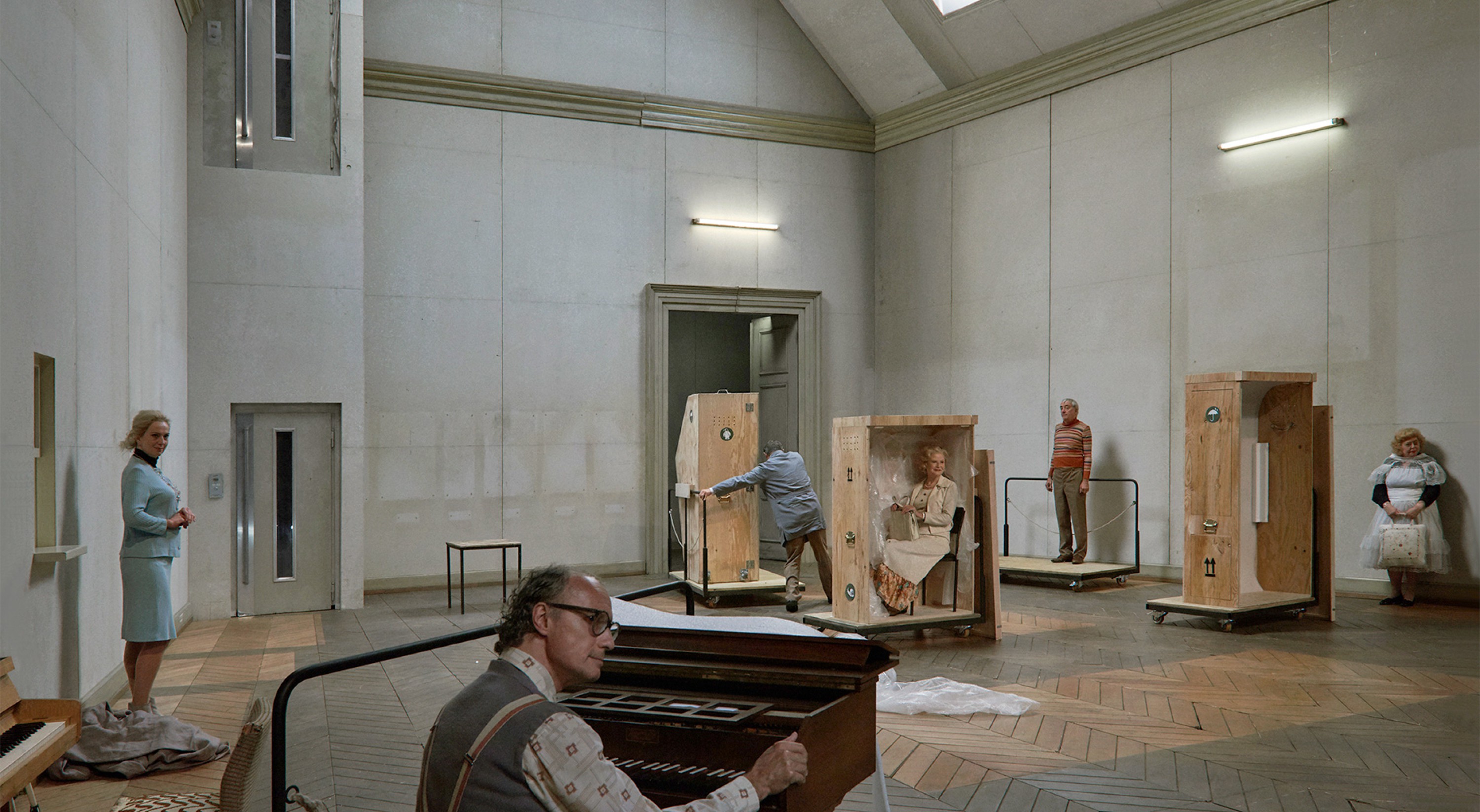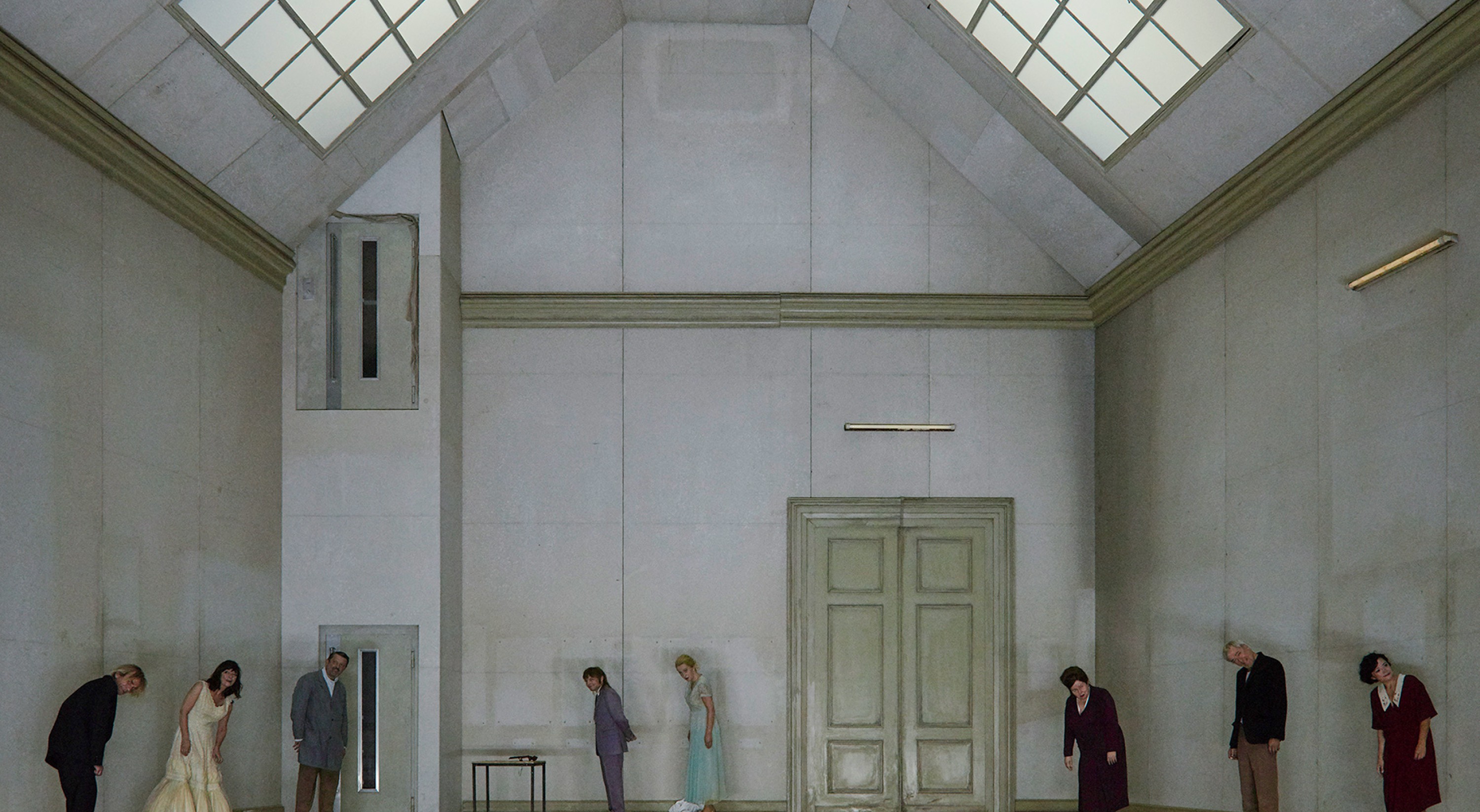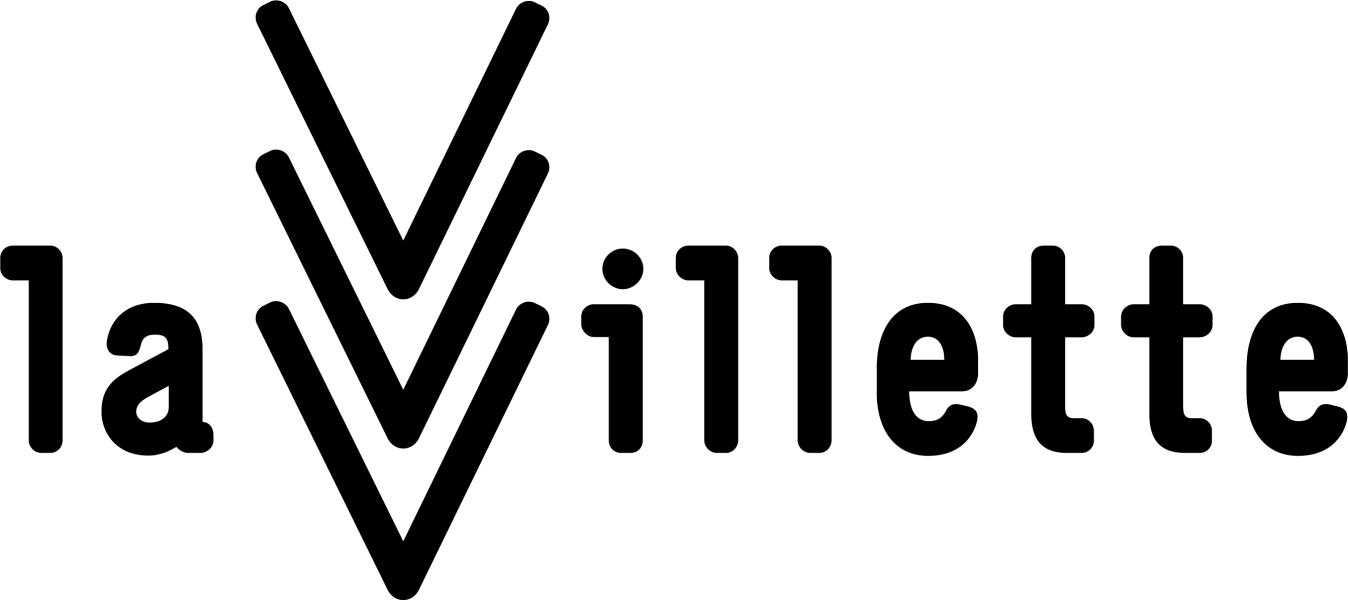Christoph Marthaler
Bekannte Gefühle, gemischte Gesichter
novembernov 21 – 24
Directed by Christoph Marthaler
With Hildegard Alex, Tora Augestad, Marc Bodnar, Magne Håvard Brekke, Raphael Clamer, Bendix Dethleffsen, Altea Garrido, Olivia Grigolli, Ueli Jäggi, Jürg Kienberger, Sophie Rois, Ulrich Voss, and Nikola Weisse
Dramaturgy, Malte Ubenauf, and Stefanie Carp
Music, Tora Augestad, Bendix Dethleffsen, and Jürg Kienberger
Sound, Klaus Dobbrick
Lighting, Johannes Zotz
Set and costumes, Anna Viebrock
A Volksbühne Berlin production with support from Ruhrtriennale – Festival der Künste
In association with La Villette – Grande Halle (Paris) ; and Festival d’Automne à Paris
First performed on 21st September 2016 at Volksbühne Berlin
In partnership with France Inter
Devised in 2016 in conjunction with the departure of Frank Castorf after twenty years at the head of the Volksbühne in Berlin, this new work by Christoph Marthaler is a meditation on the passage of time and the way it transforms us, inexorably.
It was Montaigne who once wrote “I do not paint its being, I paint its passage”. This could well be the motto for this Bekannte Gefühle, gemischte Gesichter (“Familiar faces, mixed feelings”) in which the performers, emerging from enormous wooden boxes, take on the appearance of works of art leaving a warehouse where they might have been in storage for several years. It comes as no surprise, thus, that the stage design, by Anna Viebrock, reconstitutes a museum space. As is always the case in shows by Christoph Marthaler, his faithful team of actors and actors have something of the sophisticated retro about them – taking us back to somewhere between the 1950’s and the 1970’s. With the exception of one notable difference: this temporal disparity lies at the very heart of the play in that it looks into the way in which time has changed these characters. What is left of them after all these years? Are they still true to themselves? Have they become museum pieces? Are they ghosts from the past? They try to reply to these questions in whatever way they can, through words and especially music. From Mozart to Boby Lapointe, via Verdi, Handel and Schubert en route, they deliver up a moving, hilarious look at the world of appearances, in which sensitivity and humour turn out to be an excellent elixir for transcending melancholy.
––––––
Running time : 2h10
Performed in German with French subtitles
See also
In the same place


